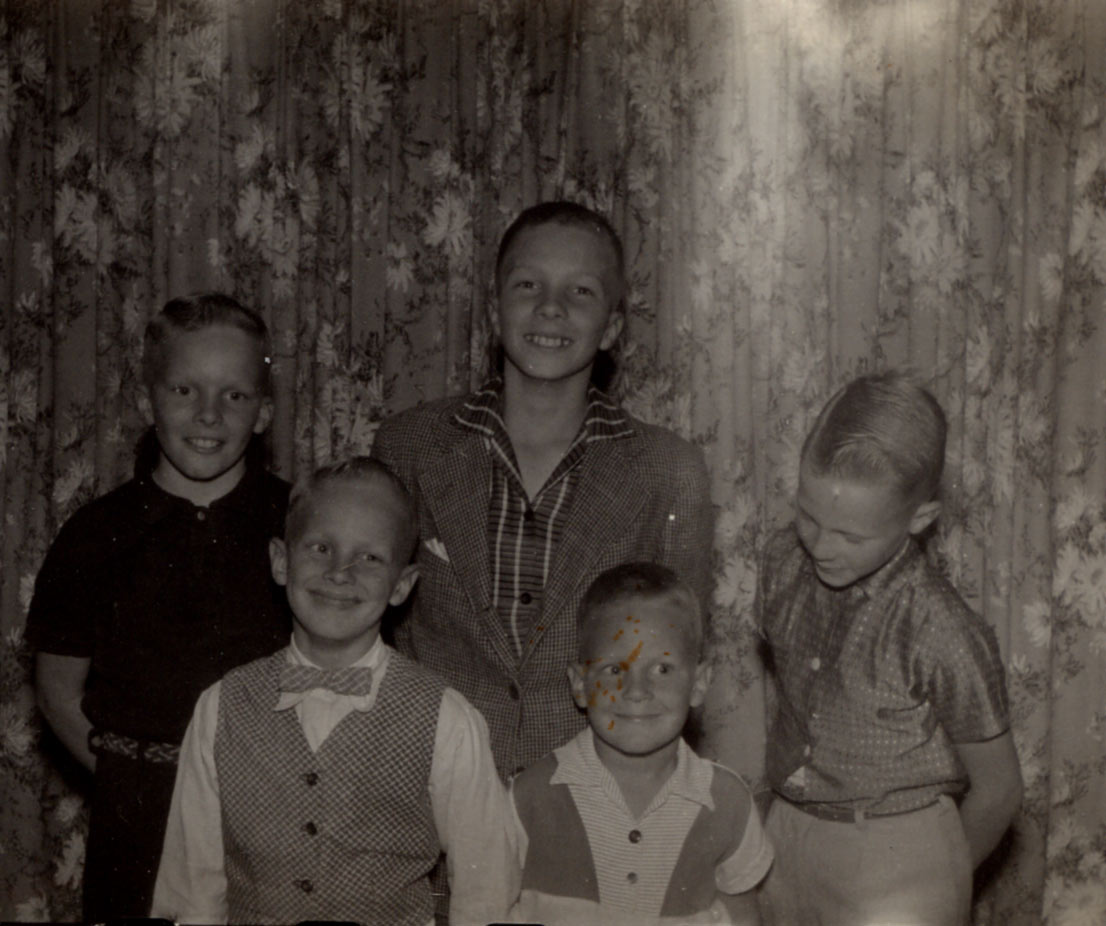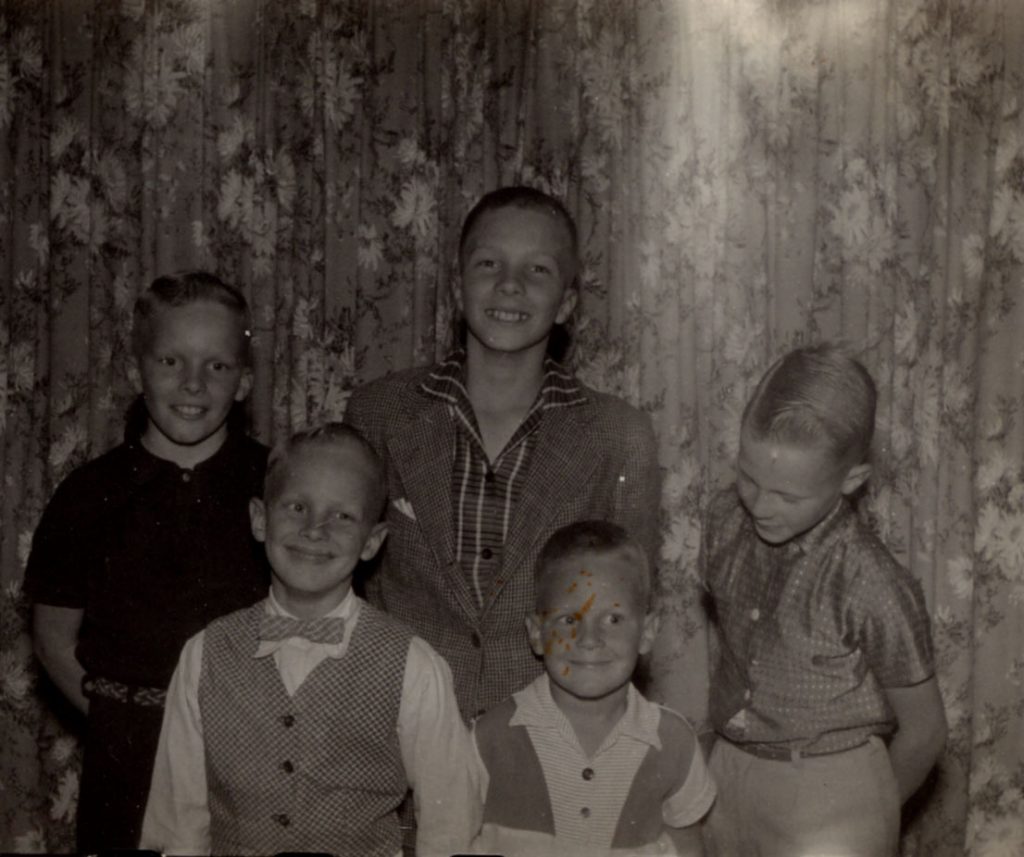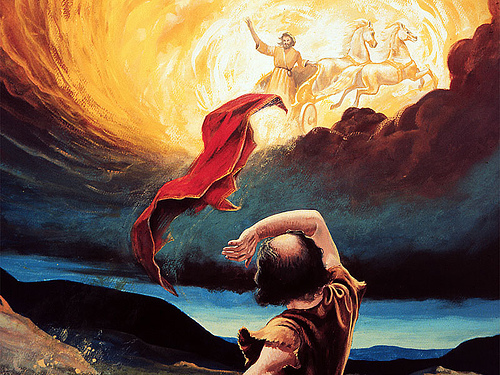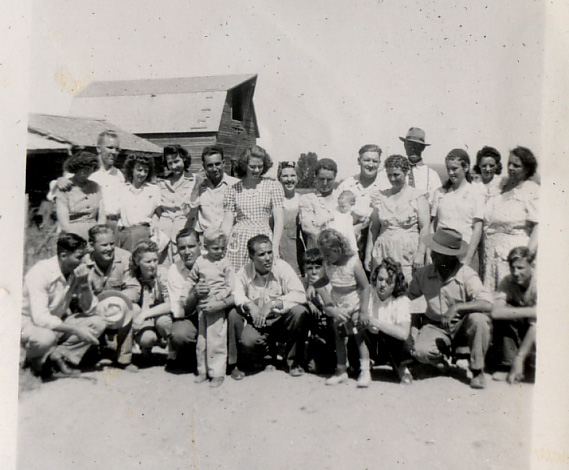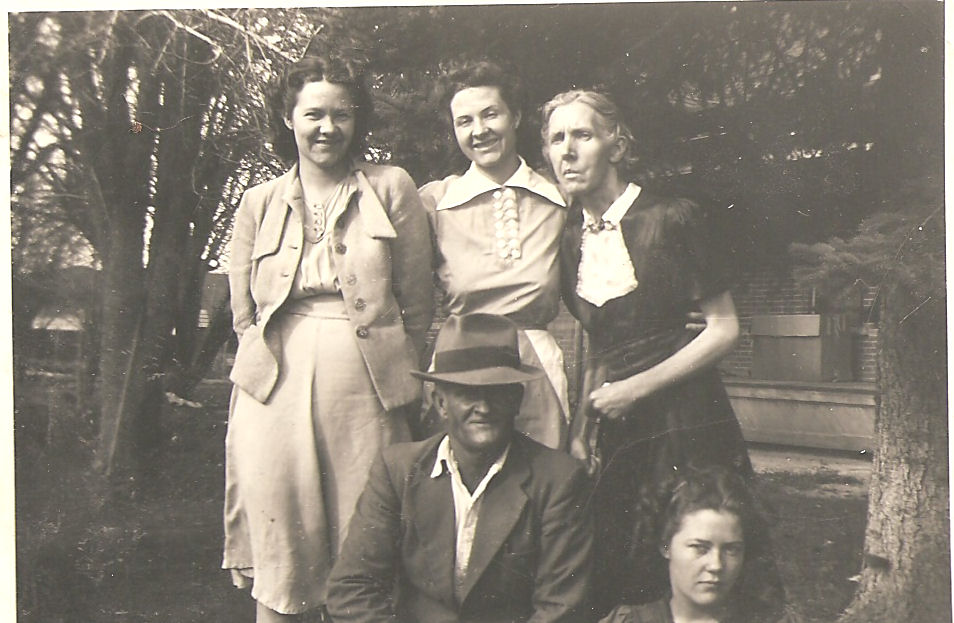Signs, Wonders and Miracles
So I’ve been teaching a Family History class in our ward.
The emphasis on teaching in the Church right now is interesting. And the Family History efforts have been no different. A week before I started the class I looked online for some direction and found a manual. I read the first lesson from the manual, put it down and looked at the scriptures I had jotted down. I left it alone until the day before my lesson and then went back online to retrieve the manual again.
It was gone.
In a panic I called my contact in Salt Lake and she told me they didn’t want us teaching Family History from a manual.
So my lessons have been structured week to week by feedback I have received from our class members. I’ve been pleased, having better than 20 plus people every single week. I make sure that I’m assessing their skill levels and that we’re setting goals each week to accomplish something.
The results in just over a two month period of classes have been astounding.
Of course, we have a wide spread of skill and knowledge in the class. Many have plenty of experience in this work. Some have none.
But there are miracles for all. Even me.
Last week I was demonstrating in class how to attach records to names in Family Search.
As my example I showed them a name I was working on from my mother’s Carson family line. We had all his genealogical data — we just needed to provide the records to make his name temple ready. I was just trying to show them how to do that.
While in the process of doing this I caught my eye on something — this particular individual’s mother experienced a name change from the 1900 census to a state census in New York from 1905. I made a mental note to check that when I got home. When I got to it I couldn’t believe where it led me. I learned that her husband died somehow in the spring of 1900 and that she remarried. Two of her children that were in later records named Carson were not actually Carsons — they were Lindermans! This led to a whole new family line I never knew about — and within about 2 hours time I had more than 60 additional names to go to the temple.
This may not seem a miracle to some. But to me it is a small example of the kind of revelation there is behind this work.
I’ve seen it in class students these past two weeks. One, an admitted slacker when it came to family history, finally approached his father after a class challenge on an activity we came up with for old family photos. This led to a fruitful conversation between this brother and his father — and it unleashed a fountain of information he never knew his father had. When he asked his Dad why he never shared any of this precious family history with him the answer was plain — “I didn’t think you were interested”.
Last night I ran into another brother at the grocery store who had just returned from seeing his parents in Massachusetts. In class he asked for advise about what to do when he saw his Mom and Dad. I advised him to first make a list of his most important questions and to pack a computer, a scanner, and a camera to take with him. I haven’t seen him for several weeks until last night. And he was a bit of a different man. He returned enthused and fired up — talking to everyone he can about the family history discoveries he made. He came home, he told me, with suitcases full of journals, photos and documents.
Miracles? Maybe not to some. To those on the outside, those who are disengaged from this great work I find a real lack of relatability to what I’m saying here. They just don’t get it.
But what I’m seeing happen with others and with myself is that family connections heal and inspire. They teach and humble. They influence for good, no matter what the stories are. And they restore love between family members. This brother told me that he couldn’t talk to his family about the Church but he could talk to them about family. And that’s what he did and is doing. He can feel the “restoration” — as he put it — of relationships and love as a result of these conversations.
Tell me again this isn’t a work of miracles.
October is Family History month. I encourage you to do something — anything — related to family history this month. Pull out a picture and have a conversation. Share a memory. Call a senior member of the family and just talk.
Get a little miracle going in your life.


